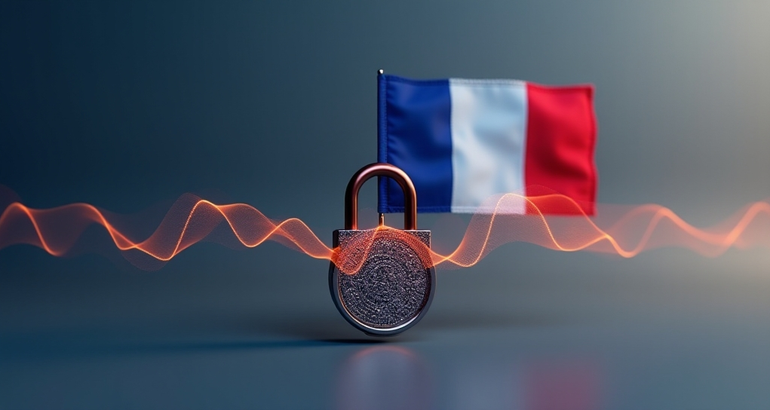How MetroVPN Protects You from Password Hacking

- Privacy
- Tips





Overview
In today's digital age, password hacking is a significant threat to online security. This article explores how MetroVPN can safeguard your passwords and personal information from cybercriminals. We will delve into common hacking techniques, the importance of using a VPN, and how MetroVPN stands out as a reliable solution.
Contents
Common Password Hacking Techniques
The Role of MetroVPN in Password Protection
Best Practices for Password Security
Common Password Hacking Techniques
Cybercriminals employ various methods to steal passwords, including phishing, brute force attacks, and keylogging. Phishing involves tricking users into revealing their credentials through fake websites or emails. Brute force attacks use automated tools to guess passwords repeatedly until they succeed. Keylogging software records keystrokes to capture sensitive information. Understanding these techniques is crucial for protecting yourself online.
The Role of MetroVPN in Password Protection
MetroVPN encrypts your internet traffic, making it nearly impossible for hackers to intercept your data. When you connect to MetroVPN, your online activities are routed through a secure tunnel, shielding your passwords and other sensitive information from prying eyes. Additionally, MetroVPN masks your IP address, adding an extra layer of anonymity and protection.
Advantages of Using MetroVPN
MetroVPN offers several features that enhance your online security. It provides military-grade encryption, ensuring that your data remains secure even on public Wi-Fi networks. MetroVPN also has a strict no-logs policy, meaning it does not store any information about your online activities. Furthermore, MetroVPN's global server network allows you to bypass geo-restrictions and access content securely from anywhere in the world.
Best Practices for Password Security
While MetroVPN provides robust protection, it is essential to follow best practices for password security. Use strong, unique passwords for each account and enable two-factor authentication whenever possible. Avoid using public Wi-Fi without a VPN, and be cautious of suspicious emails or websites. Regularly update your passwords and monitor your accounts for any unusual activity.
Conclusion
Password hacking is a pervasive threat, but with MetroVPN, you can significantly reduce your risk. By encrypting your internet traffic, masking your IP address, and offering advanced security features, MetroVPN ensures that your passwords and personal information remain safe. Combine MetroVPN with best practices for password security to achieve comprehensive online protection.






